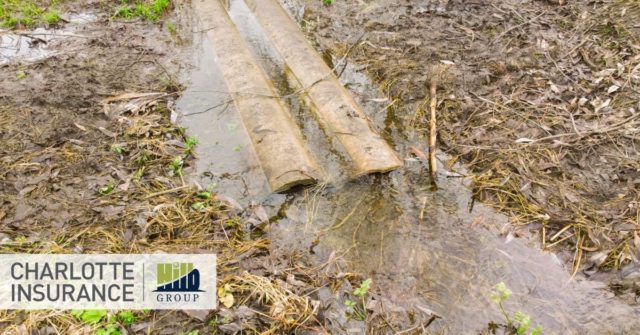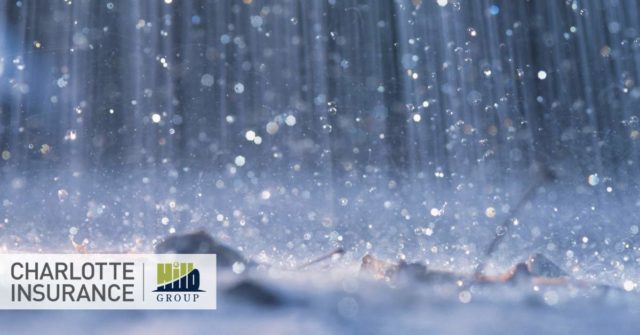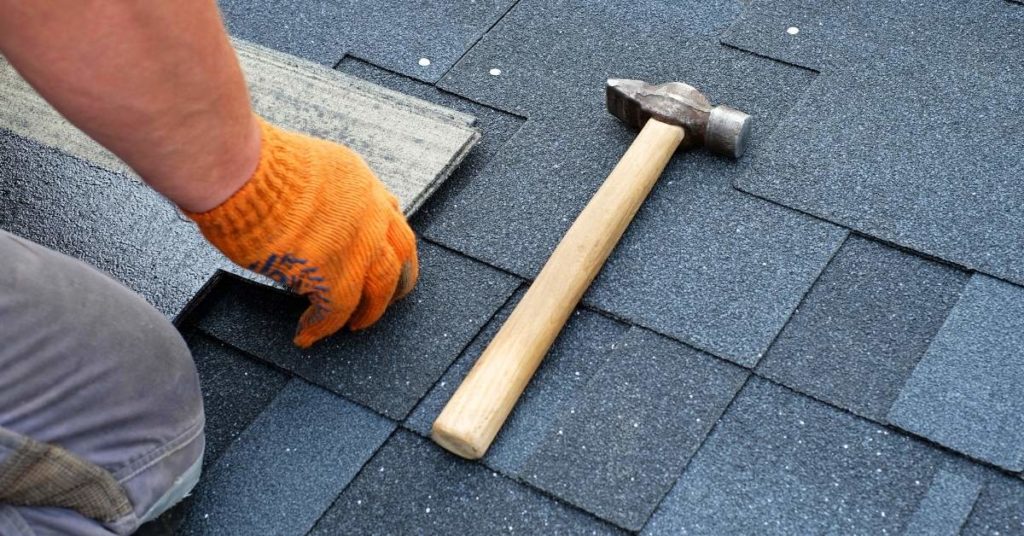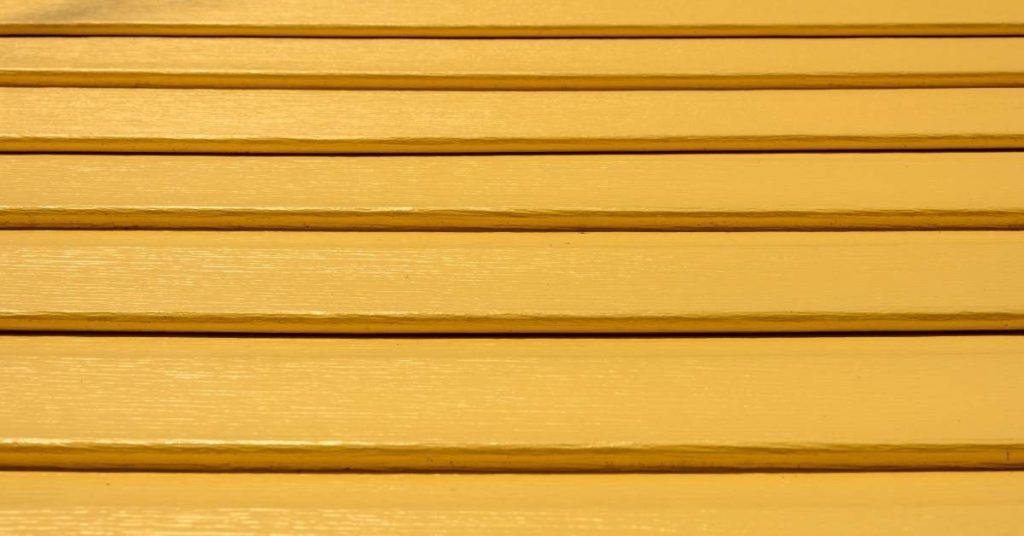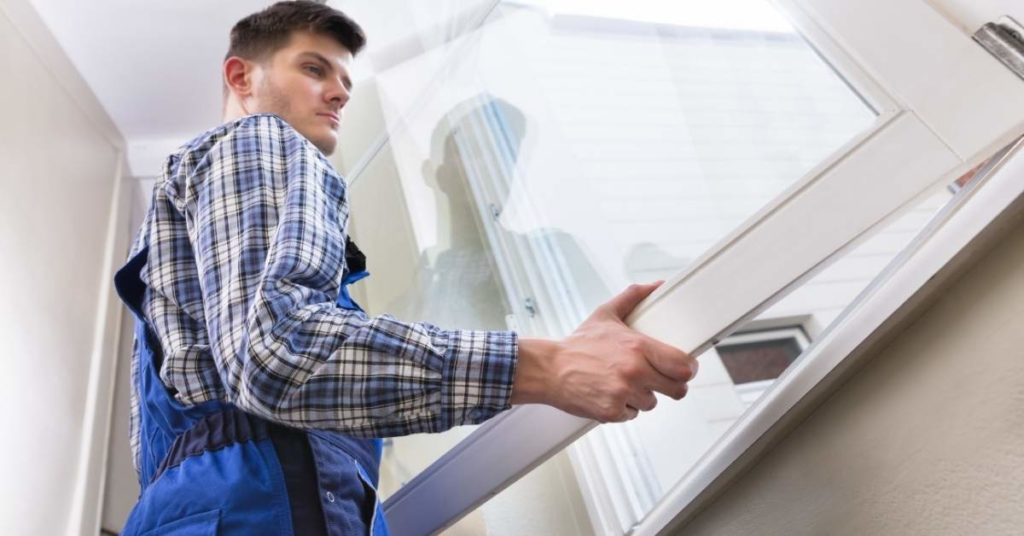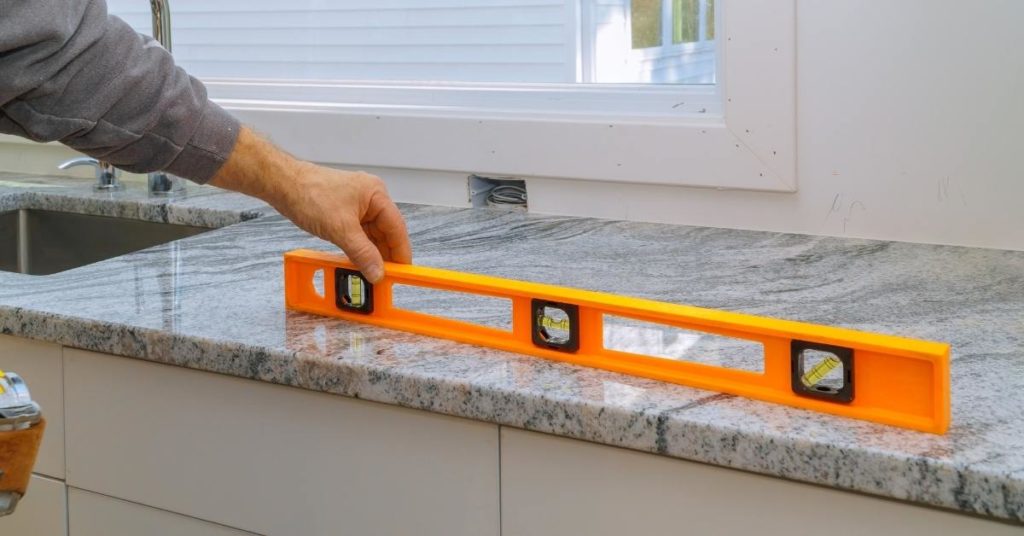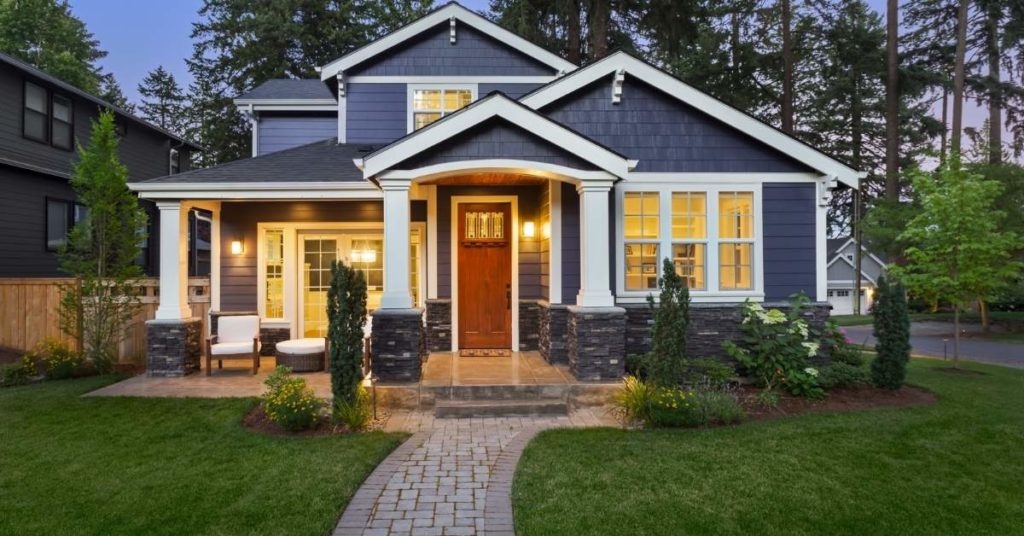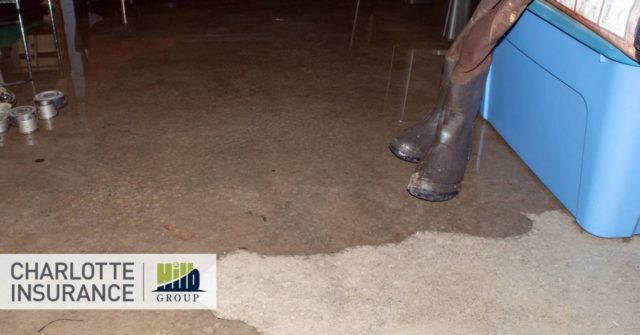Welcome to every homeowner’s worst nightmare: foul sludge bubbling up from your pipes into the tub or your yard. It gets everywhere, smells disgusting, and costs thousands in damage. Sewage backups and line damage wreak havoc on homes all the time.
Will your homeowners insurance policy cover sewer line replacement? Here’s what you need to know.
Sewer Lines and Homeowners Insurance
Sewage backups are almost never covered under standard homeowners insurance policies. You may be able to add a rider or purchase standalone sewer insurance to cover it, though. Sewer line replacement is rarely covered but in special circumstances, it might be.
“Acts of God” tend to be broadly defined in homeowners insurance policies, so if a tree falls in a storm and breaks the sewer line that way, your homeowners policy may cover the repairs and replacement.
“Acts of another person/third party” are included in your standard policy but this would mean damage from someone like a contractor or a tenant. A contractor should have their own insurance, though, so you may not need to file a claim. Tenant damage is only likely to be covered if you have proper insurance for property you’re renting. Purchasing a standard homeowners policy and not disclosing that you rent out your home will likely end in a denied claim.
Damage caused by an earthquake would fall under an earthquake policy while damage caused by a flood would likely be filed under your flood insurance. Neither instances are automatically included in your homeowners insurance and must be purchased as separate policies.
Most sewer line problems occur from tree roots growing into the pipes and causing damage or clogs in the pipes. Both are unlikely to be covered by your homeowners insurance policy at all.
How to Make Sure Your Sewer Lines Can Be Replaced
The best option for sewer line replacement (and sewage backup coverage) is to purchase sewer insurance. Add-ons and riders to your policy tend to offer limited coverage. Standalone policies offer the most coverage.
Every policy will be a bit different, but in general, coverage can include:
- Clogs and backups
- Corrosion
- Collapses
- Defects
- Freezing
- Deterioration
- Mechanical breakdowns
- Wear and tear
While every homeowner should consider sewer insurance coverage, homes built in the 1970s and earlier and homes on wooded lots regardless of age definitely need to think about it. Age, wear and tear, and tree roots all contribute heavily to sewer line damage.
Take Care of Your Sewer Lines
The best way to avoid an expensive sewer line replacement or dealing with a sewage backup is to take care of your sewer lines. The first step is to know where they’re located. Once you do, here are a few things to keep in mind:
- Plant shrubs and trees away from sewer lines. Tree roots are a common cause of sewer line damage.
- Avoid parking over your sewer lines or storing anything heavy over them. The weight and pressure can damage the lines.
- Only flush waste and toilet paper down the toilet. “Flushable” wipes aren’t really flushable and can cause clogs and damage over time.
- Never pour grease down the drains. It will definitely cause a clog.
- Pay attention to what’s going on in your home and lawn like: the sound of water dripping, indentations in your lawn, slow draining, sewer smells, rodent problems, mold, slow drains, and more. Get these problems looked at as soon as possible.
- Have your plumbing inspected annually to take care of problems sooner, rather than later.
- Consider having your metal pipes replaced with plastic ones.
Ready to add sewer coverage to your home insurance policy? Contact Charlotte Insurance today for a free quote and to find the best policy for your home and your budget.

